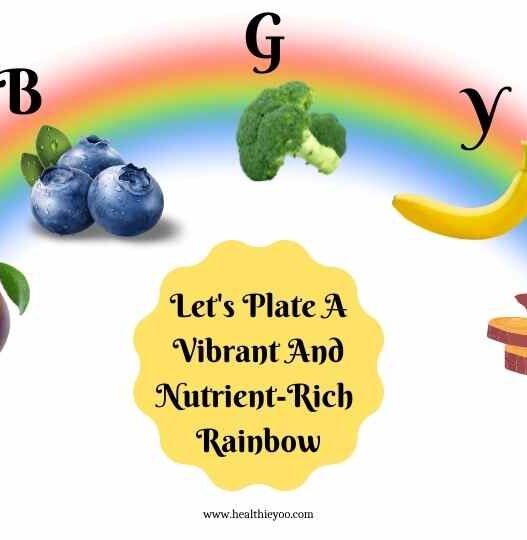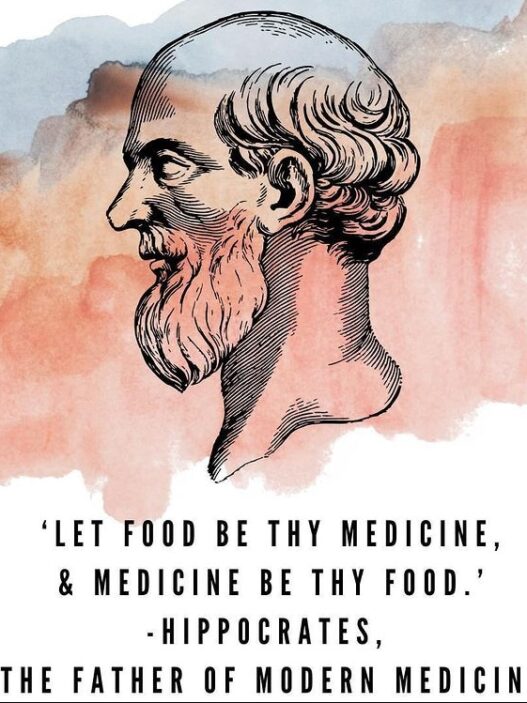Chicken eggs are low-calorie, high protein and one of the highly nutritious foods whether eaten as boiled, scrambled, white or brown eggs. They have a rich content of several nutrients, proteins, vitamins, lipids, and minerals. In addition to these benefits, they are super easy to prepare and are relatively inexpensive and therefore are part of the commonly used foods in the kitchen.
Here, let us discuss about the egg nutrition facts, boiled eggs vs scrambled eggs nutrition facts and white eggs vs brown eggs nutrition facts. In addition, clear your misconception about considering brown eggs to be a healthier option. Further, the egg cholesterol has always been considered as a matter of debate and here we present the recent recommendations concerning the same.
Eggs Nutrition Facts
CALORIES
One egg has around 75 calories only.
PROTEIN
One egg has around 6-7g protein, the superior quality of protein than a beef steak and is like dairy.
FAT
One egg has around 5g total fat & 1.6g saturated fat.
CARBS
One egg is very low in carb, 0.56g.
MINERAL
Eggs contain several minerals including calcium, iron, magnesium, phosphorus, potassium, sodium, selenium and zinc etc.
VITAMINS
Eggs are rich in several vitamins including thiamine, riboflavin, niacin, vitamin B6, folate, vitamin B12, vitamin A, vitamin E, vitamin D, and vitamin K.
CHOLESTEROL
Eggs are one of the richest sources of cholesterol in the diet. Eggs also increase healthy cholesterol (high-density lipoproteins, HDL).
OTHERS
- In addition to macronutrients, eggs contain several micronutrients, such as choline, that are known to have brain health promoting effects and is particularly required during pregnancy. Maternal consumption of egg during lactation is beneficial for breastfed children.
- Eggs are high in lutein and zeaxanthin, which are strong antioxidants, and help fight diseases.
EGG WHITE
The egg white is mainly water (90%) and protein (10%) and contains no cholesterol and little fat (1-3).
Boiled Eggs vs Scrambled Eggs Nutrition Facts
Eggs are commonly taken as boiled or scrambled eggs. Both boiled and scrambled eggs are highly nutritious. But did you know that there are few differences as far as the nutrient content of scrambled eggs and boiled eggs is concerned.
Here are the Boiled Eggs vs Scrambled Eggs Nutrition Facts:
- A hardboiled egg has less calories (75-78 calories) as compared to a scrambled egg (90 calories)
- A hardboiled egg has more protein than a scrambled egg
- A hardboiled egg has more nutrients (vitamin B complex and selenium etc.) than a scrambled egg
- A hardboiled egg has less healthy fats than a scrambled egg
- Overcooking scrambled egg can lead to loss of nutrients including vitamin B complex.
- A hardboiled egg may lead to reduced antioxidant (lutein) content in egg yolk as compared to a soft-boiled egg (4).
White eggs vs Brown eggs Nutrition Facts
We have always believed that the brown egg is a healthier option as compared to the white egg just like the whole wheat brown bread is healthier than the white one. But did you know that the brown or white colour of the egg is mainly due to the breed of the chicken.
Brown Eggs Myth Busted
It has been proven now that brown eggs are not more nutritious than white eggs. Further, the color of the yolk in brown eggs or white eggs reflects the type of poultry feed and in no way reflects their nutritional value (5).
Eggs and Healthy Weight Loss
Eggs are considered one of the healthier breakfast options that also help you achieve your weight loss goals. Consuming eggs for just 8 weeks in breakfast results in 65% greater weight loss and 34% greater reduction in waist circumference. They are also high in protein and help achieving satiety. In a study conducted on Australian obese participants, aged 40-60 years, it was observed that the sensation of hunger was lesser after the egg breakfast as compared to a cereal breakfast (6). The micronutrient and protein content of eggs as an energy-restricted diet are very important for losing weight (3).
Eggs and Cholesterol
It is notable that just one large egg yolk has 200 mg of cholesterol which is one of the very high sources of dietary cholesterol (4). Thus, individuals with an increased risk for cardiovascular or heart diseases have been advised not to consume eggs. The cholesterol in eggs has been an area of concern mainly due to the popular misconception that egg cholesterol converts directly into serum cholesterol, and thus increases the risk of coronary heart disease, atherosclerosis, stroke, etc. This is because higher cholesterol levels have been linked to the development of these diseases.
After six decades of research, it has been concluded that dietary cholesterol, chiefly from eggs, exerts a relatively small effect on serum LDL-cholesterol and cardiovascular risk as compared to other diet and lifestyle factors. Worldwide, including the American dietary guidelines, have been revised in this direction (3). Surprisingly, research has also shown that moderate egg consumption (up to one egg per day) does not increase the risk of heart disease and rather lowers the risk of heart disease in Asians (7). There were also few reports linking the higher cholesterol of eggs to diabetes, however, the reports have been inconsistent (3).
The American Heart Association (AHA) guidelines do not strictly limit cholesterol intake. Rather it emphasizes more on dietary modifications to include fruits, vegetables, whole grains, low-fat dairy products, poultry, fish, and nuts in the diet to manage favorable blood lipid profile.
Though the debate regarding egg cholesterol continues, a balanced approach of eating little dietary cholesterol and consuming a healthy eating pattern is advisable (8).
Final Message
As eggs are low in energy (78 kcal/medium egg) and saturated fat (1·7 g/medium egg) as compared to other animal products and have high quality of dietary protein and other micronutrients, moderate consumption of eggs is beneficial as part of a balanced human diet from a nutrition point of view.
Further, there is now a consensus that moderate egg consumption does not increase the risk of heart disease.
In addition, the color of the egg, whether brown egg or white egg, does not reflect the nutritional value of the egg.
Sources
- https://pubmed.ncbi.nlm.nih.gov/30332538/
- https://www.ncbi.nlm.nih.gov/pmc/articles/PMC6126094/
- https://www.cambridge.org/core/journals/proceedings-of-the-nutrition-society/article/eggs-good-or-bad/48F64CD2DD8FE97F78922E2FD0C60C2D
- https://timesofindia.indiatimes.com/life-style/health-fitness/diet/scrambled-vs-boiled-eggs-which-one-is-healthier/photostory/78320955.cms
- https://www.hsph.harvard.edu/nutritionsource/food-features/eggs/
- https://www.healthieyoo.com/post/top-10-healthy-foods-for-weight-loss
- https://www.bmj.com/content/368/bmj.m513
- https://pubmed.ncbi.nlm.nih.gov/28359368/
Affiliate Disclosure – Many products or services or content featured on this website are advertising which means we get a commission if purchases are done through links on our website. Further, we disclose that some of the links in the above post may be sales or affiliate links, and we might receive compensation if you click on them to purchase through them. We do not endorse the advertisements or product reviews published on our website.











